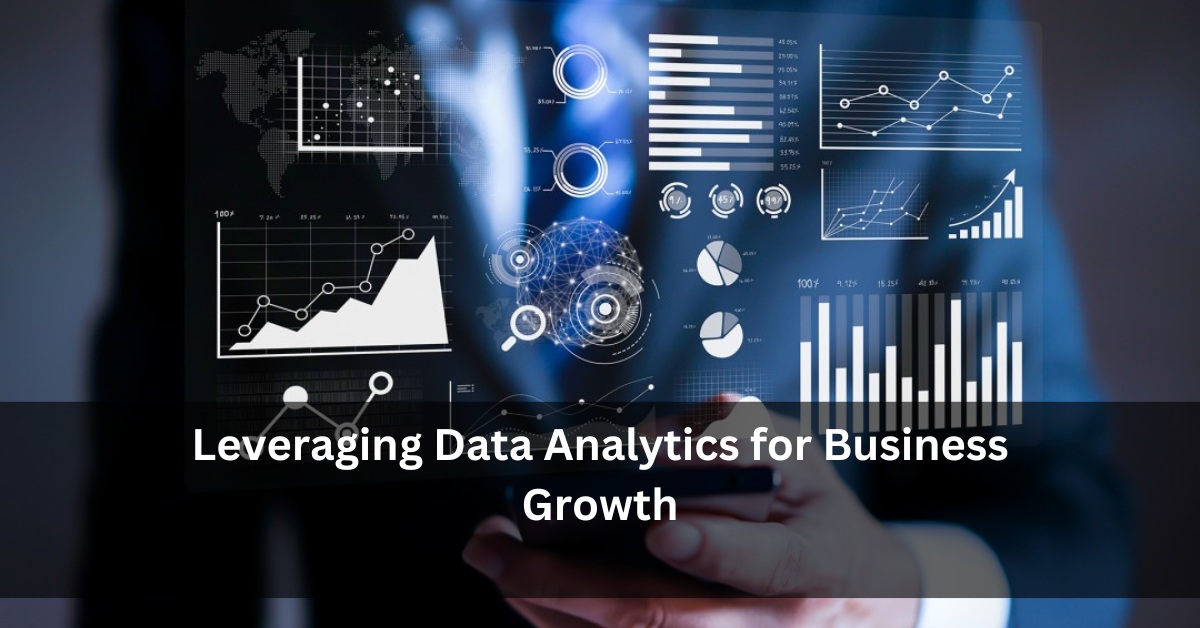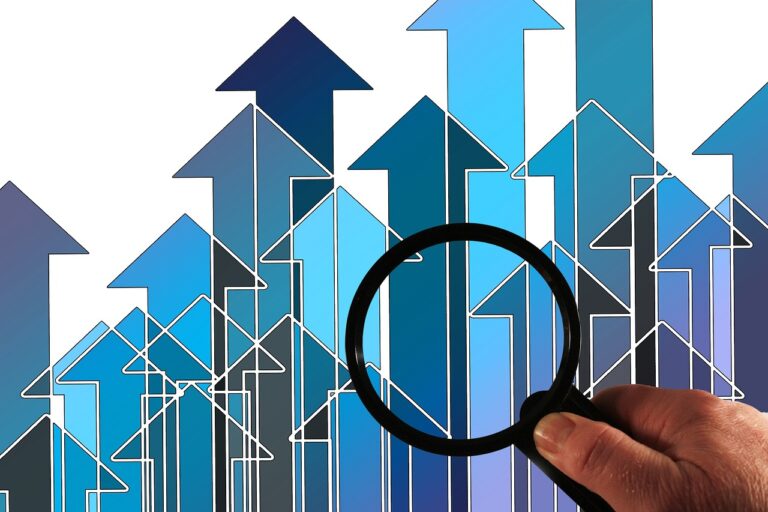Leveraging Data Analytics for Business Growth
Why Indian Businesses Are Turning to Data for Smarter Decisions
Whether you’re running a small shop in a local market or heading a startup in Bengaluru, one thing is clear in 2025 — businesses that use data smartly grow faster. Today, data analytics is no longer just for big companies. Thanks to simple tools and easy-to-learn techniques, even small and medium businesses across India are using data to make better decisions.
In this guide by Bloggers Hub, we’ll explain what data analytics means, why it matters, and how any business — big or small — can start using it to grow.
What is Data Analytics?
Data analytics is the process of collecting and studying business data to find useful patterns. This can help you understand what your customers like, which products sell best, and where you’re losing money.
For example:
- A shopkeeper checks which item sells more in summer vs. winter
- A clothing brand finds out most buyers are women aged 25–35
- A restaurant tracks which food items have low profits
With this knowledge, businesses can improve their services, reduce waste, and increase sales.
Why Is It Important for Business Growth?
Here are some clear ways data analytics helps Indian businesses grow:
1. Makes Smarter Decisions
No more guessing. Use data to decide what to sell, where to advertise, and how to price products.
2. Understands Customer Needs
Track what your customers buy and how often. This helps in giving offers or products they actually want.
3. Saves Time and Money
Know which areas of your business are not working well — and fix them quickly. This saves resources.
4. Boosts Marketing Results
By studying customer data, you can send messages that actually interest them. This improves your online and offline marketing.
How Indian Businesses Are Using Data Analytics
Retail Stores
Stores like Reliance Trends or Big Bazaar use data to check which products are selling and at what time of the day or week.
E-commerce Platforms
Startups selling online — through Amazon, Flipkart, or Shopify — study website data to know which ads bring the most buyers.
Local Restaurants
By tracking orders and feedback, restaurants know which dishes people like most and what needs to be improved.
Educational Startups
Apps like BYJU’S use student performance data to give personalised lessons.
Steps to Start Using Data Analytics in Your Business
You don’t need to be a tech expert or hire a big team. Follow these simple steps:
Step 1: Set a Goal
Decide what you want to learn. For example, do you want to increase online sales? Or reduce product returns?
Step 2: Collect Data
Gather sales records, customer feedback, website visits, and social media engagement. Even a simple spreadsheet is a good start.
Step 3: Use Easy Tools
Use tools like:
- Excel or Google Sheets for tracking and charts
- Google Analytics to study website traffic
- Zoho Analytics (Indian company) for small business dashboards
Step 4: Look for Trends
Find patterns. Do certain products sell more on weekends? Is one city ordering more than others?
Step 5: Take Action
Based on your findings, improve what’s working and fix what’s not.
Real Example
Kavita’s Online Saree Store – Pune
Kavita runs a small online saree shop on Instagram and Shopify. She found that her cotton sarees sell better on weekdays, while partywear moves on weekends. Using this data, she scheduled promotions accordingly — and her sales grew by 40% in 3 months!
Challenges and How to Overcome Them
Challenge 1: Too Much Data
Start small. Focus only on what matters — like top-selling products or customer age group.
Challenge 2: Lack of Skills
Learn basics through free courses on YouTube or platforms like Coursera and Skillshare.
Challenge 3: Cost
Many data tools offer free versions or are very affordable. You don’t need expensive software to get started.
The Future of Data-Driven Growth
In India, the data analytics industry is growing fast. As per reports, the country will need over 10 lakh data professionals in the next 5 years. Businesses that start using data now will stay ahead of their competition.
Government schemes like Digital India are also pushing businesses to go online, which makes collecting and using data easier than ever.
Frequently Asked Questions (FAQs)
Q1. I don’t run an online business. Can I still use data?
Yes! Offline businesses like shops and salons can track customer visits, sales, and feedback manually or with apps.
Q2. Do I need to hire a data expert?
Not in the beginning. You can use basic tools and learn as you grow.
Q3. What’s the first thing I should track?
Start with sales data — what you’re selling, when, and to whom.
Q4. Can data help me with marketing?
Yes. Knowing what your customers like will help you run better ads and offers.
Final Words from Bloggers Hub
In today’s competitive market, running a business without using data is like driving blindfolded. Whether you’re a local shop owner or an online entrepreneur, data analytics can help you make better decisions and grow faster.
The best part? You don’t need to be a techie. Just start small, stay consistent, and learn along the way.
Stay tuned to Bloggers Hub for more easy-to-understand business guides, success stories, and market updates.
✅ Bookmark Bloggers Hub
✅ Share with fellow entrepreneurs
✅ Grow smarter with data!







